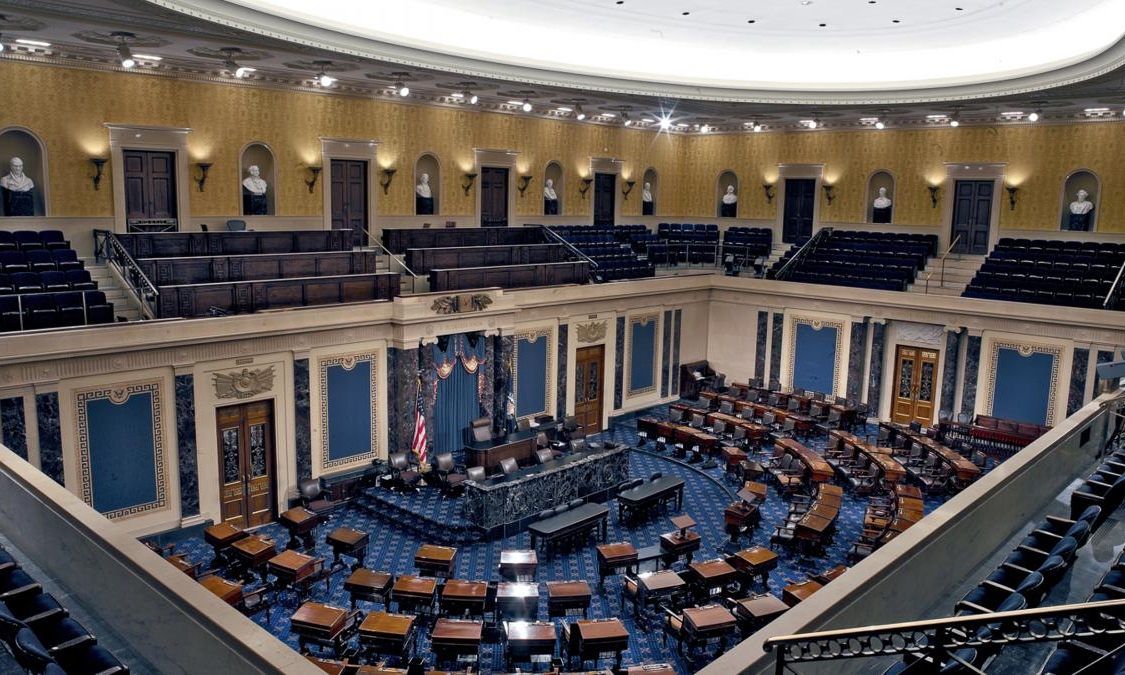Disputes over taxes and rural hospitals delay progress
Senate Republicans are working against the clock to pass former President Donald Trump’s key domestic policy legislation ahead of the July 4 deadline. The bill, which has undergone several revisions, continues to face internal opposition, particularly concerning Medicaid changes and funding for rural hospitals.
Medicaid tax cuts raise concerns for rural healthcare
A major point of contention involves a proposal to reduce the state tax on Medicaid providers from 6% to 3%. Critics argue that such a cut would severely impact rural hospitals, which rely on those funds to secure federal support. A proposed $15 billion stabilization fund over five years has been introduced, but some senators, like Susan Collins, believe significantly more is needed—closer to $100 billion.
Republican senators remain divided
Senators Josh Hawley and Thom Tillis have voiced concerns about the bill’s implications. Tillis highlighted that North Carolina could face nearly $39 billion in cuts over a decade, warning that such reductions would force states to reconsider Medicaid expansion and funding structures.
Fiscal conservatives including Rick Scott and Ron Johnson have also criticized the bill, urging for deeper spending cuts and raising alarm about the legislation’s potential to increase the federal deficit. Additionally, revisions involving energy tax credits from the Inflation Reduction Act have drawn mixed reactions within the party, with businesses concerned about losing existing benefits.
House and Senate disagreements continue
Meanwhile, House Republicans from high-tax states like New York and California are pushing to preserve the state and local tax deduction (SALT). They have indicated they will vote against the final bill unless SALT remains intact.
Senate Majority Leader John Thune remains hopeful that political momentum and the involvement of Trump will help unify the party. However, ongoing negotiations over Medicaid, SALT, and funding levels suggest that achieving consensus remains a significant challenge.







